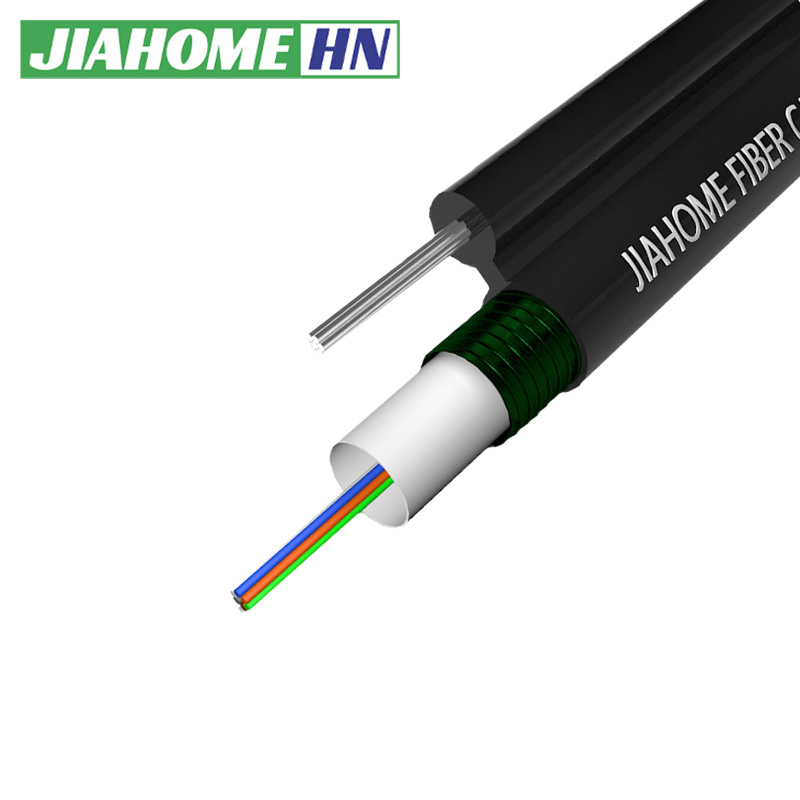Fiberoptic Internet: The Core of Contemporary Enterprises
Within today's fast-paced online landscape, the significance of a reliable and fast internet connection cannot be overstated. With the rise of distributed work, online streaming, and advanced cloud applications, the need for an outstanding internet experience has turned into a requirement rather than a privilege. Enter fiber optic internet, a technology that has transformed how we link and interact, making it the backbone of modern businesses and households alike.
As companies and families look to improve their online experiences, fiber optic internet stands out with a range of benefits that cater to today's digital demands. From faster speeds and lower latency to the ability to handle multiple devices seamlessly, fiber internet offers substantial advantages over conventional options. Whether you are streaming movies in high definition, engaging in crystal clear video calls, or operating a home office, the fiber benefit is clear. As we explore further into the numerous benefits, you will see why fiber optic internet is not just the future of connectivity but the optimal choice for ensuring reliability and performance in our ever more connected world.
Key Advantages of Optical Internet
One of the major advantages of fiber optic internet is its remarkable speed. Fiber connections can provide download and upload speeds that are significantly faster than traditional cable or DSL options. With fiber, users frequently experience high-speed speeds, enabling buffer-free streaming, faster downloads, and more responsive online activities. This speed enhances performance, making it a crucial asset for businesses that rely on efficient internet usage.
Another vital benefit is the reliability of fiber optic internet. Unlike cable and DSL, which can be affected by local weather and how far you are from the provider, fiber optics offer consistent performance. This reliability ensures that users can maintain reliable connections regardless of interference, which is particularly beneficial for businesses that depend on uninterrupted internet access. https://pishgaman.net/%D9%81%DB%8C%D8%A8%D8%B1%D9%86%D9%88%D8%B1%DB%8C/ improves online meetings and collaborations, enhancing overall collaboration.
Fiber optic internet also stands out for its capacity to handle multiple devices simultaneously without affecting performance. As more households and businesses connect various devices, the demand for data transfer increases. Fiber internet can accommodate this growing demand, allowing for uninterrupted online experiences such as telecommuting, streaming, or gaming. This quality not only supports everyday activities but also prepares users for the growing digital landscape, making fiber optic a long-lasting choice.
Comparative Analysis: Fiber versus Alternative Internet Choices
Fiber internet is distinguished significantly when compared to traditional choices such as DSL and cable internet. One of the key advantages of fiber is its speed. While DSL and cable often struggle to provide fast download plus upload rates, it provides extraordinarily high capacity, making it perfect for activities that need substantial information transfer. This velocity benefit enables customers to experience smooth broadcasting, playing games, plus video calls, all without facing the irritating breaks common with slower systems.

Regarding reliability, fiber technology greatly surpass their rivals. Fiber cables are immune to EM disruption plus are less susceptible to service interruptions during inclement climate conditions. This durability ensures that businesses can maintain reliable internet connectivity, which is crucial for daily operations plus online communications. In contrast, cable connections can experience from congestion during peak usage hours, leading to inconsistent service, while Digital Subscriber Line speeds can degrade with proximity from the service provider.
Security is a further critical factor where fiber connectivity excels. Its inherent structure offers superior protection against interception plus cyber attacks, making it a safer option for confidential information transfer. Conversely, cable internet plus DSL can be more vulnerable to interception, as they rely on electrical signals that can be more easily intercepted. Consequently, companies and homes dealing with private data can significantly benefit from the advanced safeguards that come with fiber internet.
Future Developments and Factors for Fiber Internet
As companies and households increasingly depend on fast and reliable internet connectivity, the requirement for fiber optic internet is set to rise. Future predictions suggest that improvements in fiber technology will lead to even higher speeds and reduced latency, making it an essential foundation for future applications such as VR, AR, and ultra-high-definition video streaming. By persistently to install fiber networks, companies will be able to support an increasingly diverse range of services that require high-quality internet performance.
Moreover, the expansion of IoT home technology will create a greater need for dependable fiber connectivity. As more devices become interconnected, families will rely on fiber internet to guarantee seamless communication and functionality between smart devices. This trend suggests that fiber optical networks will not only improve user experience but will also encourage energy conservation and automation in smart home management systems.
It is also critical for stakeholders to take into account the ecological impact of fiber internet. Fiber optics are generally more eco-friendly than traditional copper wires, as they can carry data with reduced energy and minimal material waste. As society moves towards eco-friendliness, fiber's benefits in reducing the carbon footprint will take a significant role in promoting its adoption. Emphasizing the long-term value and eco-friendly advantages of fiber networks will be critical in promoting its widespread adoption in both urban and rural areas.